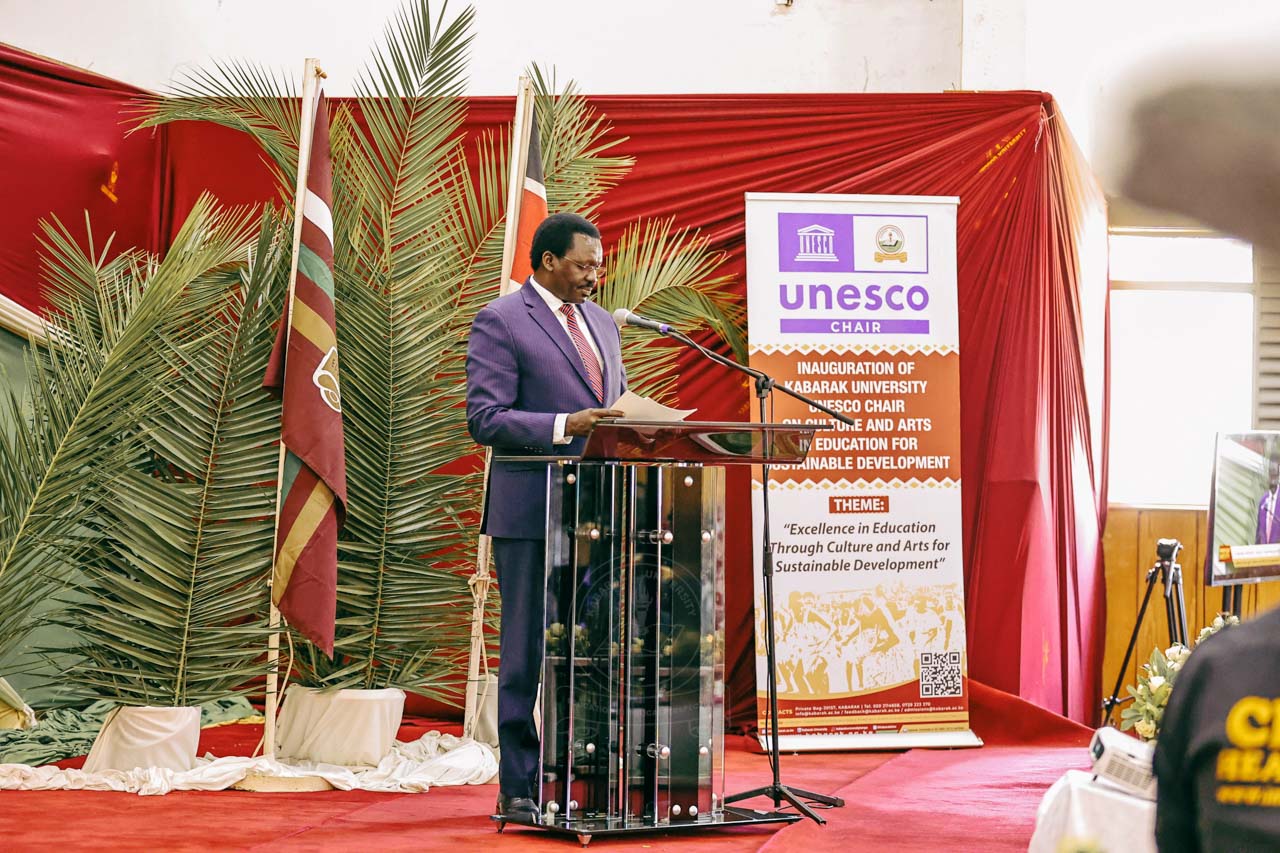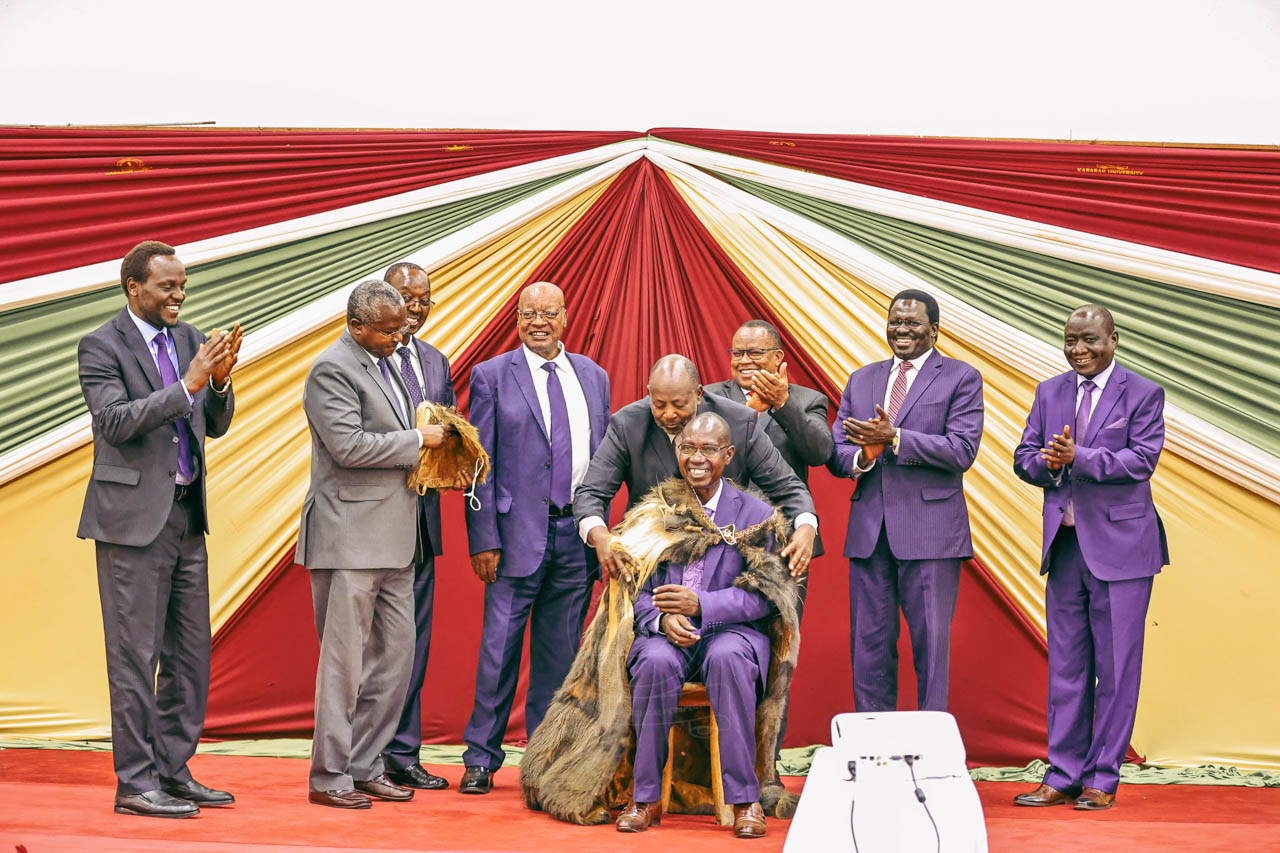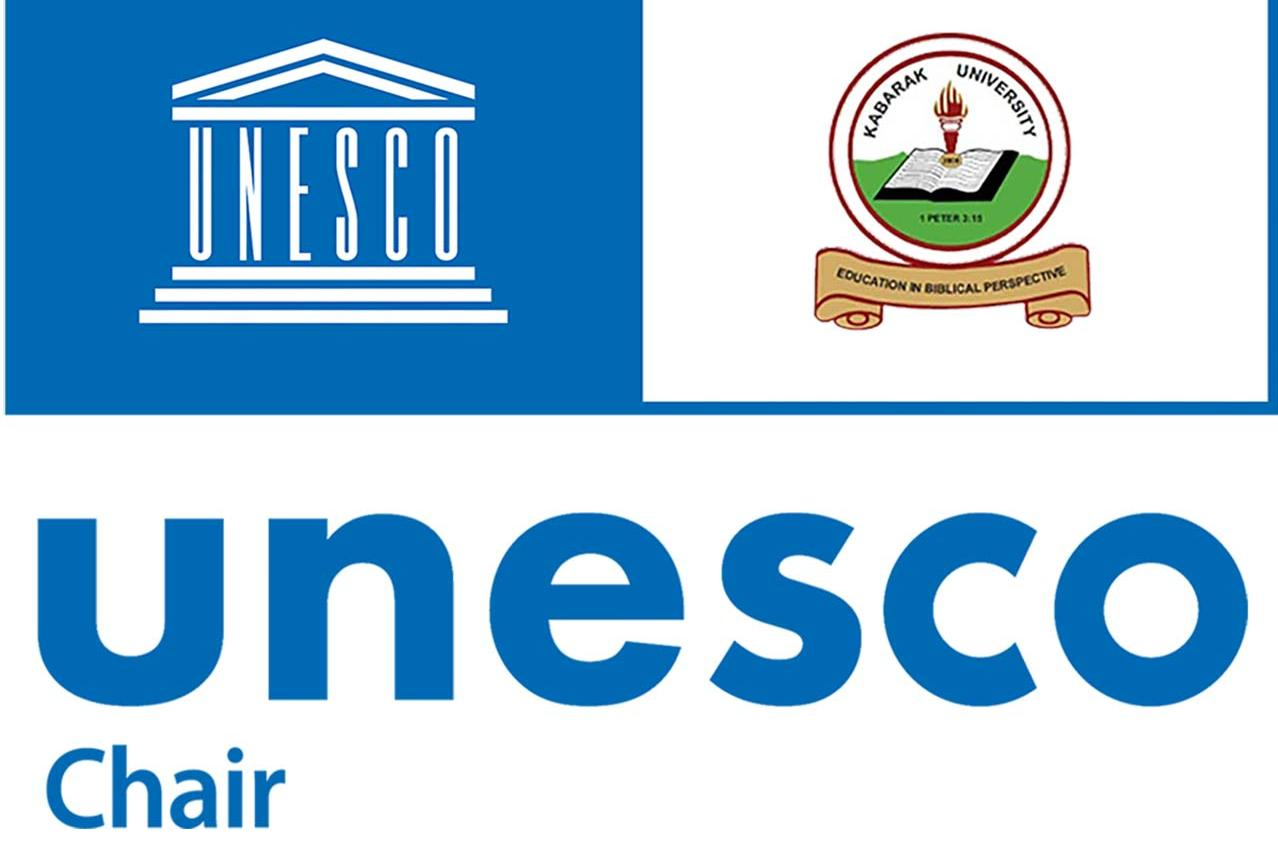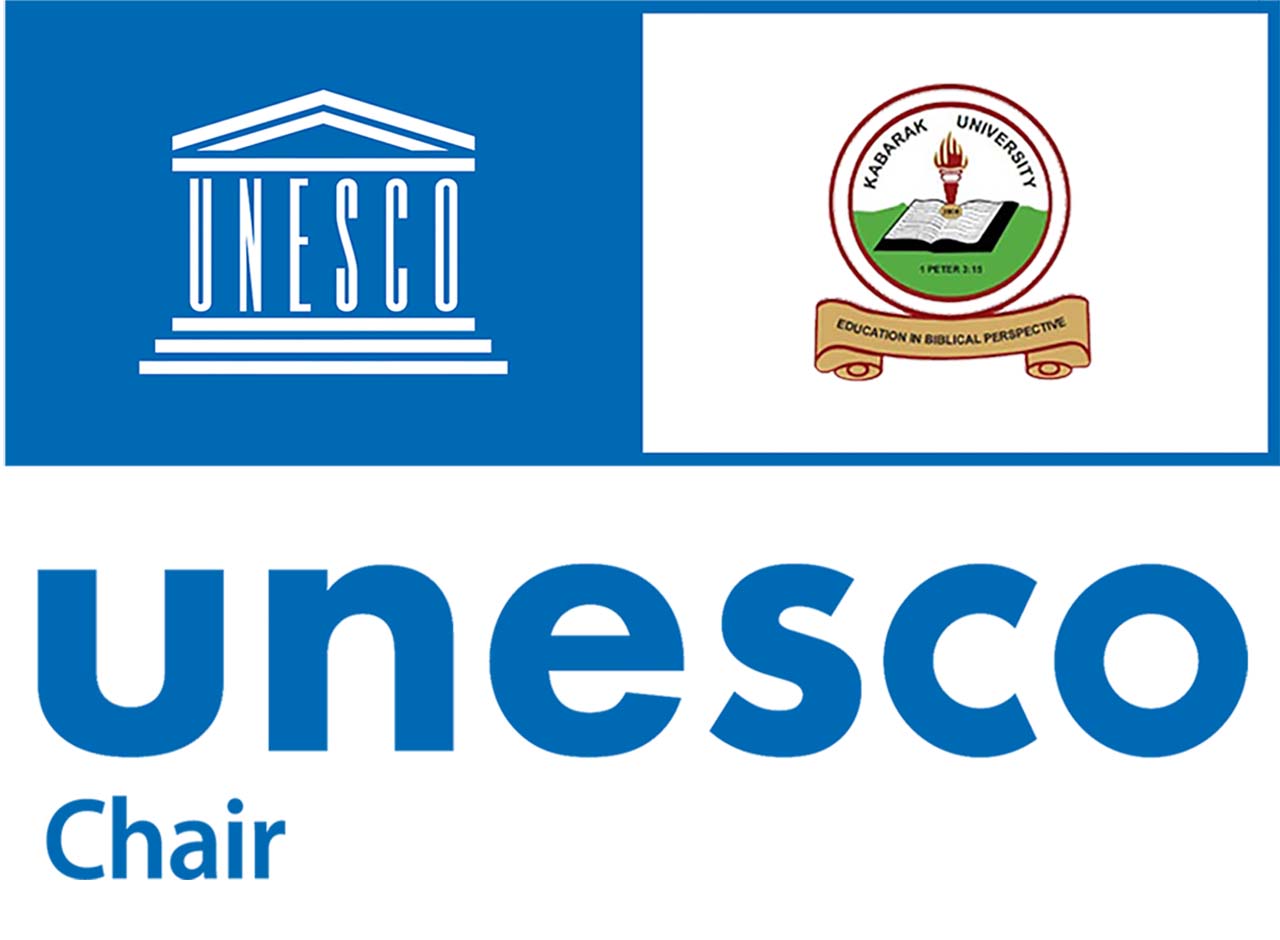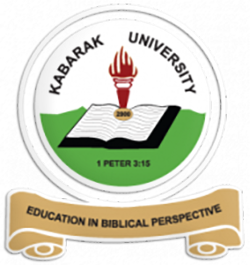The UNESCO Chair in Culture and Arts in Education is a global initiative that aims to promote the integration of arts and culture into education systems in Kenya and the Eastern Africa region. The Chair is part of UNESCO s efforts to advance the United Nations Sustainable Development Goals, particularly Goal 4, which seeks to ensure inclusive and equitable quality education and promote lifelong learning opportunities for all.
In our view, culture is what explains who we are and shapes our identity. As such, it serves as the critical enabler and driver for sustainable development since it is concerned with the "what" and "how" of our seeing, perceiving, and knowing. It is assumed that culture is:
- All that accounts for the cultural framing of how we relate to the world and ourselves.
- The actions that cumulatively contribute to societal collective actions towards a perceived sustainable future
- An indication that culture itself is not static but is a dynamic, perpetual process to retrospectively develop the future based on past orientations serving as valued heritage
Following these basic assumptions, the UNESCO Chair in Arts and Culture in Education aims to achieve and work towards two main strategic goals:
- Deepening and further developing research in the field of education, including the field of aesthetic and arts education.
- Promoting global research dialogue and cooperation to contribute to the improvement of the quality of research in the fields of aesthetics, arts, and cultural education worldwide
The global framework for the implementation of ESD 2020 2030 is built on its Global Action Programme (the GAP) with the aim of reorienting and strengthening education and learning through the support of all activities that promote sustainable development. Africa has been recognized as the cradle of humanity and a powerhouse of cultural and natural diversity, matched only by its long history. This is what is propelling UNESCO s programs to make the most of its energy on the African continent (UNESCO, 2014). Thus, the role of arts education in the development of creative and cultural activities among institutions of higher learning is becoming widely acknowledged worldwide (Ondieki and Akuno, 2016). Thus, the establishment of the UNESCO Chair in Culture and Arts in Education at Kabarak is a recognition of the critical role that education should play in enabling learners to develop the necessary values for citizenship, stability, and security.
UNESCO has recognized the positive change in Africa that is occurring at an extraordinary speed and that also comes with risks and the potential to place African societies under considerable strain. In response, UNESCO has come up with five flagship Programmes in the Operational Strategy for Priority Africa 2022-2029. Out of these five flagship programs, the following four are related to culture and the arts in education:
-
Campus Africa: Reinforcing Higher Education in Africa (Education): The overall objective of Campus Africa is to build integrated, inclusive, and quality tertiary education systems and institutions for the development of inclusive and equitable societies through enhancing the research capacity of African tertiary institutions and improving the availability and quality of data on tertiary education in Africa to inform evidence-based decision-making and improve access to higher education and TVET for all in Africa.
-
"The General History of Africa (GHA) as a Catalyst for Achieving Agenda 2063 and the 2030 Agenda" (Education-Social and Human Sciences-Culture): The overall long-term strategic objective of this flagship program is to promote inclusive African societies that are just, democratic, respectful of human rights, and uphold the rule of law. Strategic objectives include accelerating the transformation of the continent s educational systems with a view to attaining the seven aspirations of Agenda 2063 and making awareness of the GHA narratives widely accessible to all African populations and diasporas.
-
Promoting Culture for Inclusive Societies in Africa (Culture): This flagship program aims at promoting culture as a vector for inclusive societies in Africa. It is about living together and using media, including ICTs, STI, and social networks, to respond to extremism.
-
Promoting Youth Employment through Culture and Creative Industries (Culture): This flagship program aims at promoting youth employment through culture and creative industries.
This may be achieved through the teaching of the history of Africa that has shaped the world. Arts education is an expanding field of educational research and practice and is informed by investigations into learning through arts experiences that include performing arts education (dance, drama, and music), literature and poetry, storytelling, and visual arts education in film, craft, design, digital arts, media, and photography (UNESCO, 2006). It is distinguished from art education by focusing on:
- How to improve learning through the arts.
- How to transfer learning in and through the arts to other disciplines
- Discovering and creating an understanding of human behavior, thinking, potential, and learning, especially through the close observation of works of art and various forms of involvement in arts experiences.
UNESCO Chair in Culture and Arts in Education for Sustainable Development
The Chair deals with the building of shared understanding of the differences that culture, arts, creative economy and arts education make to people s lives and to society. It wants cultural policy and practice to be based on rigorous research and evaluation of what works and what needs to change.
Research Seminar Series Unit
Our regular seminars are an opportunity to hear about and discuss new research in performance and the cultural industries from invited guest speakers, academic researchers and postgraduate research students.
Practice-led Research in Culture & Arts Unit
The Practice-led Research in Culture & Arts Unit brings together scholars from across culture, arts and education disciplines whose research employs practice research methodologies.
Collaborative Research Projects
Through collaboration, our research projects explore a wide range of contemporary issues within the culture and arts in education for sustainable development by working with partners on a global scale.









